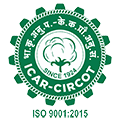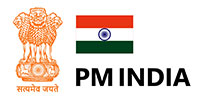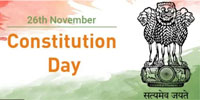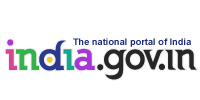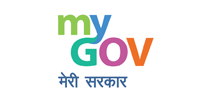
ICAR-CIRCOT Antimicrobial Cotton Bed Sheets
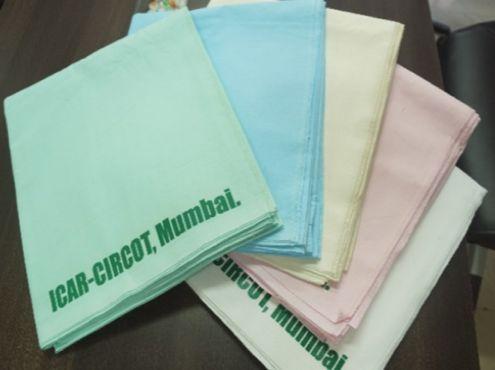
Preamble:
The global antimicrobial medical textiles market is expected to reach USD 799.7 million by the year 2024, according to a new report by Grand View Research, Inc®. Rising prevalence of chronic diseases, an upsurge in nosocomial infections worldwide, and growing awareness towards the better healthcare practices fuel the demand for the product over the forecast period.
The medical textile sector in India is largely dependent on imports due to the lack of domestic manufactures making these products and about 90 % of all disposable hygiene and medical textiles are imported (Textile Excellence, 2016). Manufacturing of medical textiles implies production of surgical gowns, surgical caps, surgical masks, blankets, surgical hosiery, etc. Textiles materials used in public places like railways, restaurants, hostels, hospitals etc are the main sources of cross-infection. In addition, cotton based textiles, though ideal with regard to comfort, act as an ideal substrate for the spread of pathogens due to its organic nature and high moisture retention capability. This is a major concern not only for public but, also for the healthcare workers. Hence, an indigenous technology for production of medical textile is the need of the hour.
ICAR-CIRCOT’s Technology:
Metallic salts that enhance the anti-microbial activity by killing microbes that bind to intracellular proteins and inactivates them are conventionally used in medical textiles in addition to various polymeric agents. ICAR-Central Institute for Research on Cotton Technology (CIRCOT), has done a pioneering work in the field of nanotechnology in India and has developed technologies for synthesis and application of different nanomaterials in textile finishing for novel functional properties. The institute has developed a novel process for production of antimicrobial cotton bed sheets finished using nanoparticles of zinc oxide (nano ZnO) having the wash durability till 50 washes. The antimicrobial cotton bedsheets are made from 100% cotton fabric and nanofinished to impart both antimicrobial and UV light protection properties. The product inhibits bacterial growth by more than 99% against two representative pathogens, Klebsiella pneumoniae and Staphylococcus aureus and efficiently blocks Ultra Violet (UV) radiation.
The ICAR-CIRCOT antimicrobial bed sheets provide an added layer of protection for patients admitted in hospitals against cross-infection. This product may also be suitable for surgery / ICU / maternity / orthopedic / isolation and burn wards where chances of infections are relatively high.
Impact of ICAR-CIRCOT’s Bed Sheet
M/s. Green Globe Mumbai, a startup registered in Mumbai and incubatee at ICAR-CIRCOT-ABI is venturing into commercial scale production of antimicrobial cotton bed sheets in line with Make in India programme of Government of India. First commercial production was done in a processing unit located at Andheri in Mumbai for 100 bed sheets. The performance of antimicrobial properties of the bedsheets during use and after wash were demonstrated at the All India Institute of Physical Medicine and Rehabilitation, Mumbai, which is an apex Institute under the Ministry of Health and Family Welfare, Government of India. Based on the promising results, large scale commercial production trial was done at Madhavnagar in Sangli, Maharashtra for 2,000 bed sheets. The incubatee is now carrying out test-marketing and promoting the product in renowned hospitals like AIIMS, New Delhi, RML Hospital New Delhi, and also in the Railways. This product also has a wide acceptance from KVIC and Self Help Groups for promotion and distribution. An entrepreneur from Kerala is also exploring the export oriented market for this product.
Conclusion
Cotton bed sheets finished with ICAR-CIRCOT’s unique technology is zinc based and avoid cross-infection in diversified users’ arena in addition to providing UV-protection capability. The additional cost to be incurred to use this technology is less than 15% of the overall cost of the bedsheet. The indigenously developed technology will add value to the cotton textiles and make them usable for high-end applications besides reducing our dependency on imported technology / materials.
Benefit to society
- Indigenous nano-based technology for the production of antimicrobial cotton bed sheets.
- Reduced cross-infection in public places including hospitals, railways, hotels, etc.
- Value addition to cotton textiles by increasing their use in medical textiles.
- Back to previous page
- |
-
Page last updated date:20-03-2024 02:29 PM



